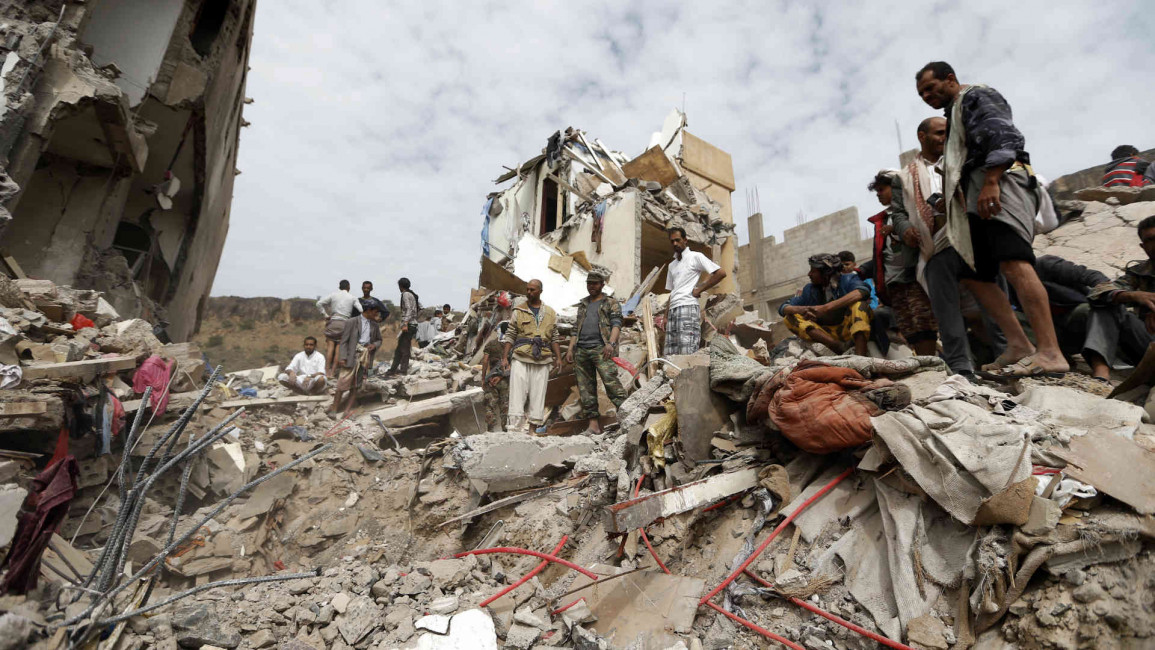Top UN official calls on Saudi Arabia to fund all humanitarian aid to war-torn Yemen
Saudi Arabia should provide all humanitarian aid to address rampant disease and hunger in Yemen, a top UN official has said.
David Beasley, Executive Director of the World Food Programme (WFP), told Reuters on Monday that Riyadh should fund all aid to Yemen or the end its military campaign in the country.
"Saudi Arabia should fund 100 percent of the humanitarian crisis in Yemen," Beasley said.
"Either stop the war or fund the crisis. Option three is, do both of them," he added.
A Saudi-led coalition launched its Yemen campaign in March 2015 to oust Houthi rebels who control the capital and much of the north and restore to power the internationally-recognised government of Abd Rabbu Mansour Hadi.
More than 10,000 civilians have been killed and 47,800 wounded since the Saudi-led coalition joined the war, according to the World Health Organization.
Another 2,000 people have died of cholera in a deadly outbreak that has spread across Yemen since April.
Long the poorest country in the Arab world, millions of Yemeni now stand at the brink of famine, according to the United Nations.
Aid groups have accused Saudi Arabia of blocking needed assistance and goods from areas that are most in need.
Last month, the UN humanitarian chief decried the "man-made catastrophe" in Yemen, saying air strikes and armed clashes have increased dramatically.
Stephen O'Brien urged the immediate reopening of the airport in the capital Sanaa to civilians and the lifting of restrictions on commercial imports coming through the port of Hodeida, which handles some 70 percent of goods coming into Yemen.
"The Yemeni people's suffering has relentlessly intensified," he told the UN Security Council.
"In 2017, the number of air strikes per month is three times higher than last year, and monthly reports of armed clashes are up by more than 50 percent."
International rights groups have accused the coalition of bombing civilian areas including public gatherings, markets, hospitals and residential areas across Yemen since the aerial campaign began.

![Trump's warm greeting to Netanyahu contrasted with Kamala Harris's critical reception [Getty]](/sites/default/files/styles/image_212x120/public/2024-07/GettyImages-2162908988.jpg?h=69f2b9d0&itok=uRh_9WXh)
![The brutal assault on Khan Younis has killed dozens and displaced thousands more [Getty]](/sites/default/files/styles/image_212x120/public/2024-07/GettyImages-2162526709.jpg?h=d3eda8cf&itok=HCP84AvQ)
![Members of the Algerian delegation threw roses into the Seine [Getty]](/sites/default/files/styles/image_212x120/public/2024-07/GettyImages-2162980872.jpg?h=199d8c1f&itok=PDhNyMBE)